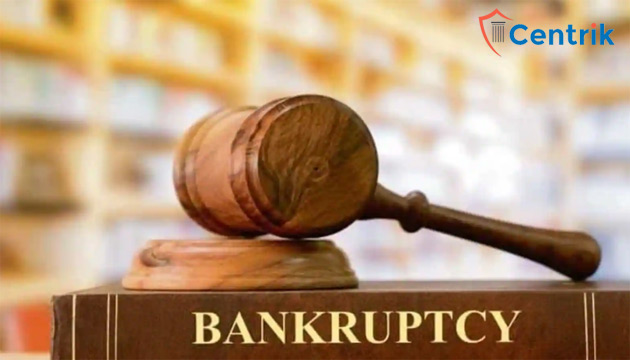
Status as on- 27/07/2022
Introduction
In Vidarbha Industries Power Ltd. Vs. Axis Bank Ltd. in Civil Appeal No. 4633 of 2021 where the Supreme Court clarified the legislative intent of Section 7 (5) (a) of IBC and discretionary powers conferred to the Adjudicating Authority.
Brief Background
In 2016 Vidarbha Industries Power Ltd. an Electricity Generating Company falling under the ambit of the Electricity Act, 2003 has a 600MW Coal-fired Thermal Power Plant (two units each of 300 MW capacity) in Vutobori Industrial Area, Nagpur, Maharashtra. The Appellant filed an application before MERC for determining the tariff in terms of MERC (Multi Year Tariff) Regulation, 2011 keeping in mind the hike in fuel cost and also the cost of procuring coal for the purpose of running the power plant. On 20th June 2016, MERC disposed of the same disallowing the fuel costs claimed by the appellant for FY2014-15 & 2015-16 and also capped tariffs from FY2016-17 to 2019-20. Aggrieved from the same appellant filed an appeal before APTEL. APTEL was pleased to allow the Appeal and passed an order in favor of the appellant. A claim of Rs. 1,730 Cr was due to the appellant as per the order of APTEL. On 8th December 2016, the appellant filed an application for implementation of orders passed by APTEL. Meanwhile, MERC filed an application for adjudication before Supreme Court challenging the said order.
On 15 January 2020 Axis Bank as Financial Creditor filed an application for initiation of CIRP against the Appellant, Corporate Debtor under section 7 of I&B Code, 2016 before Hon’ble NCLT, Mumbai. The Appellant filed a Miscellaneous Application seeking stay of section 7 proceedings on the grounds that Civil Appeal 372/2017 is pending adjudication before the Supreme Court. The Hon’ble NCLT dismissed the said application on the grounds that a debt existed and the Corporate Debtor defaulted in making repayments. NCLAT rejected the appeal on the grounds that as per the mandate laid down by Section 7 (4) & (5) of I&B Code, 2016 the Adjudicating Authority cannot thwart the CIRP initiated.
Issue
The issue before the Supreme Court arising out of Appeal under section 62 of I&B Code, 2016 was whether accepting an application under section 7 (5) (a) is mandatory or discretionary.
Observation of Hon’ble Supreme Court
Supreme Court opined: –
- The Adjudicating Authorities (NCLT, NCLAT) erred in holding that they are only required to see whether there is an existing debt and the Corporate Debtor has defaulted in making the repayments, and if these aspects are satisfied the Adjudicating Authority is obliged to accept the application under section 7 of I&B Code, 2016.
- Therefore, held that the Adjudicating Authorities have been given discretionary powers under section 7(5)(a) of I&B Code,2016. The Authorities are required to apply their mind and take into consideration all facts and circumstances, also the overall financial health of the Corporate Debtor before accepting/rejecting an application under section 7 of I&B Code, 2016.
Conclusion-
The Supreme Court gave a finding that section 7 of the I&B Code, 2016 is discretionary in nature and the Adjudicating Authorities are required to apply their mind and take into consideration all the facts and circumstances and the code should be read in accordance with the legislative intent.
Disclaimer– The above article is based on the personal interpretation of related laws, which may differ from person to person. The readers are expected to take expert opinions before relying on this article. For more clarification, the readers can be expected at support@centrik.in




 join For Updates
join For Updates